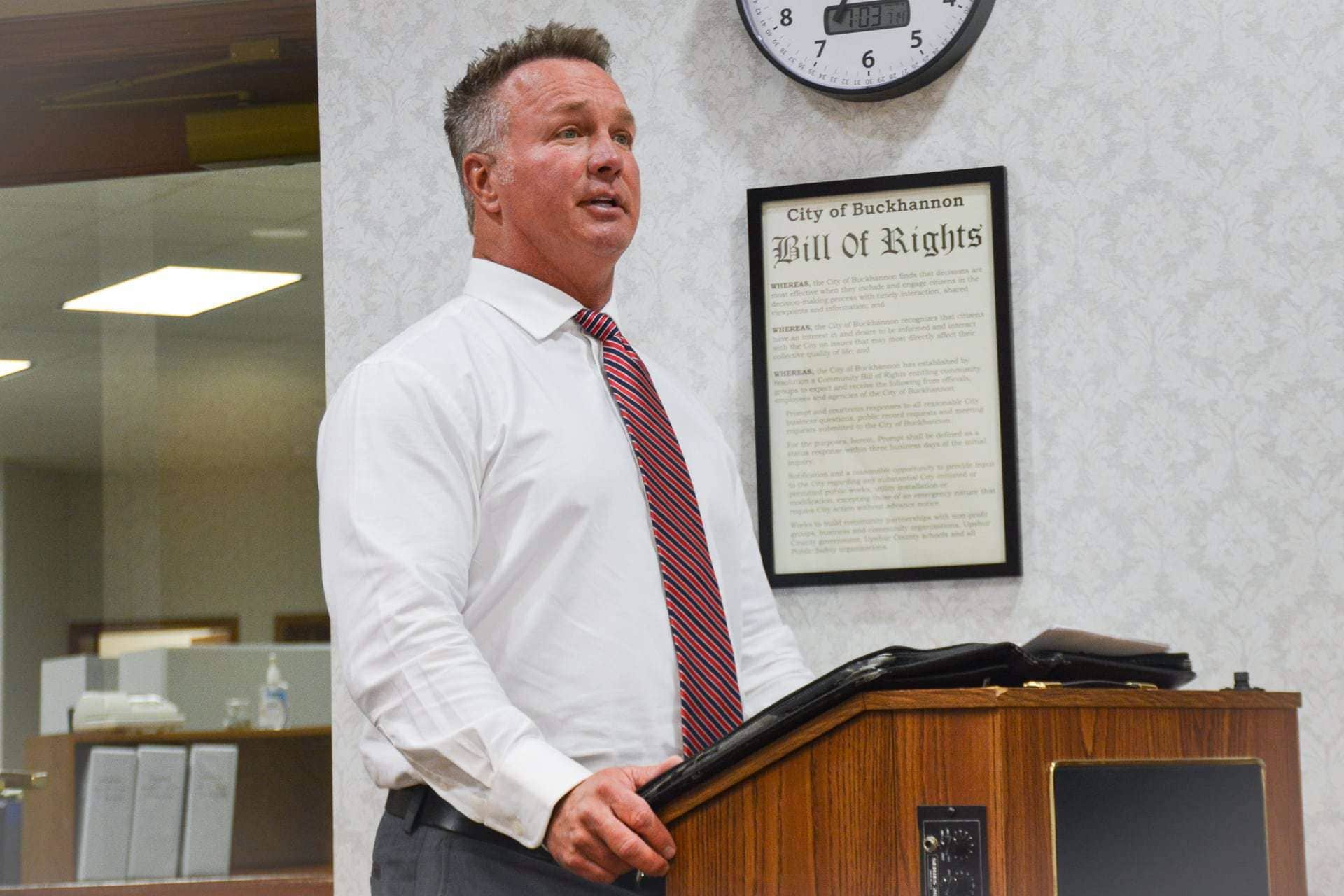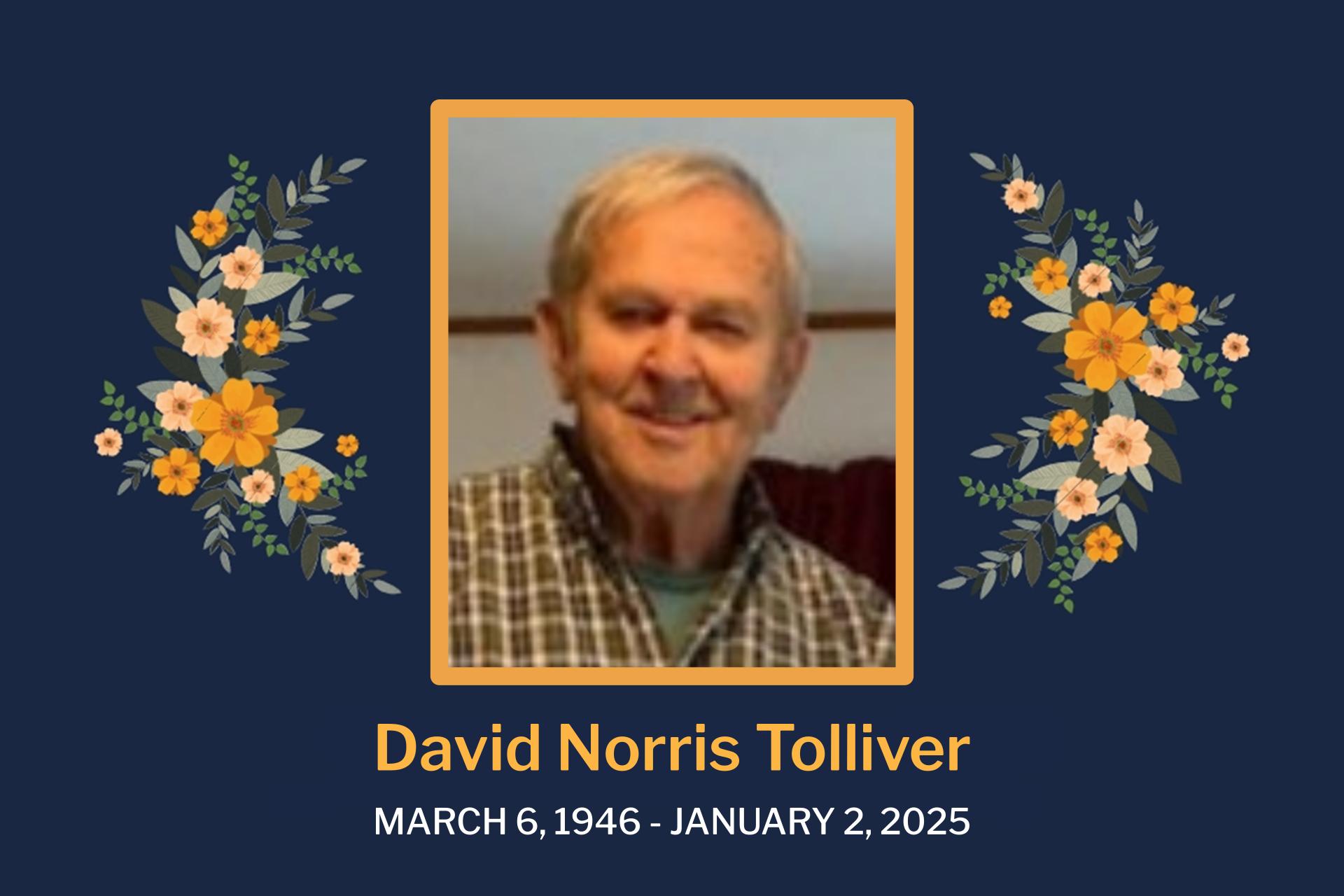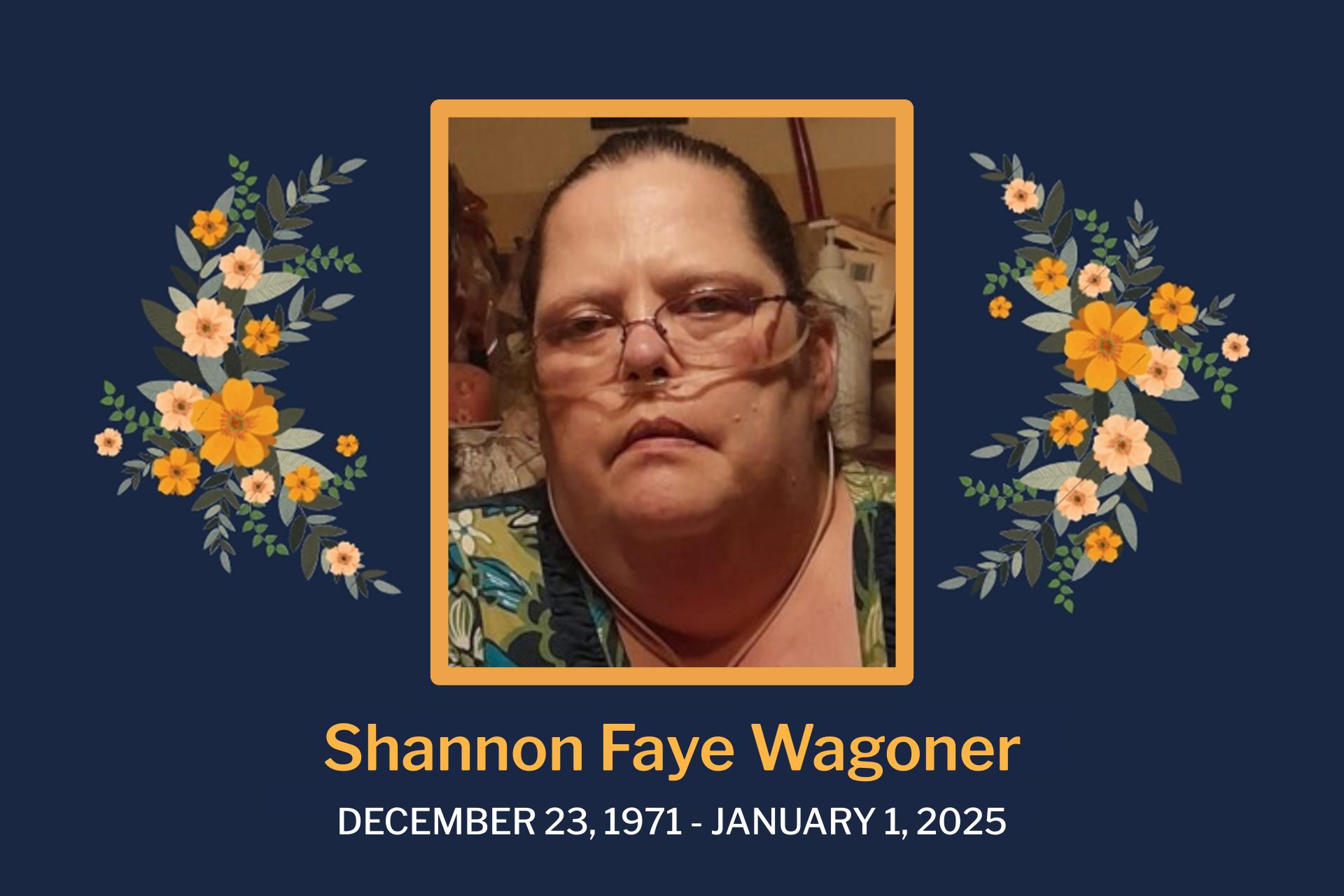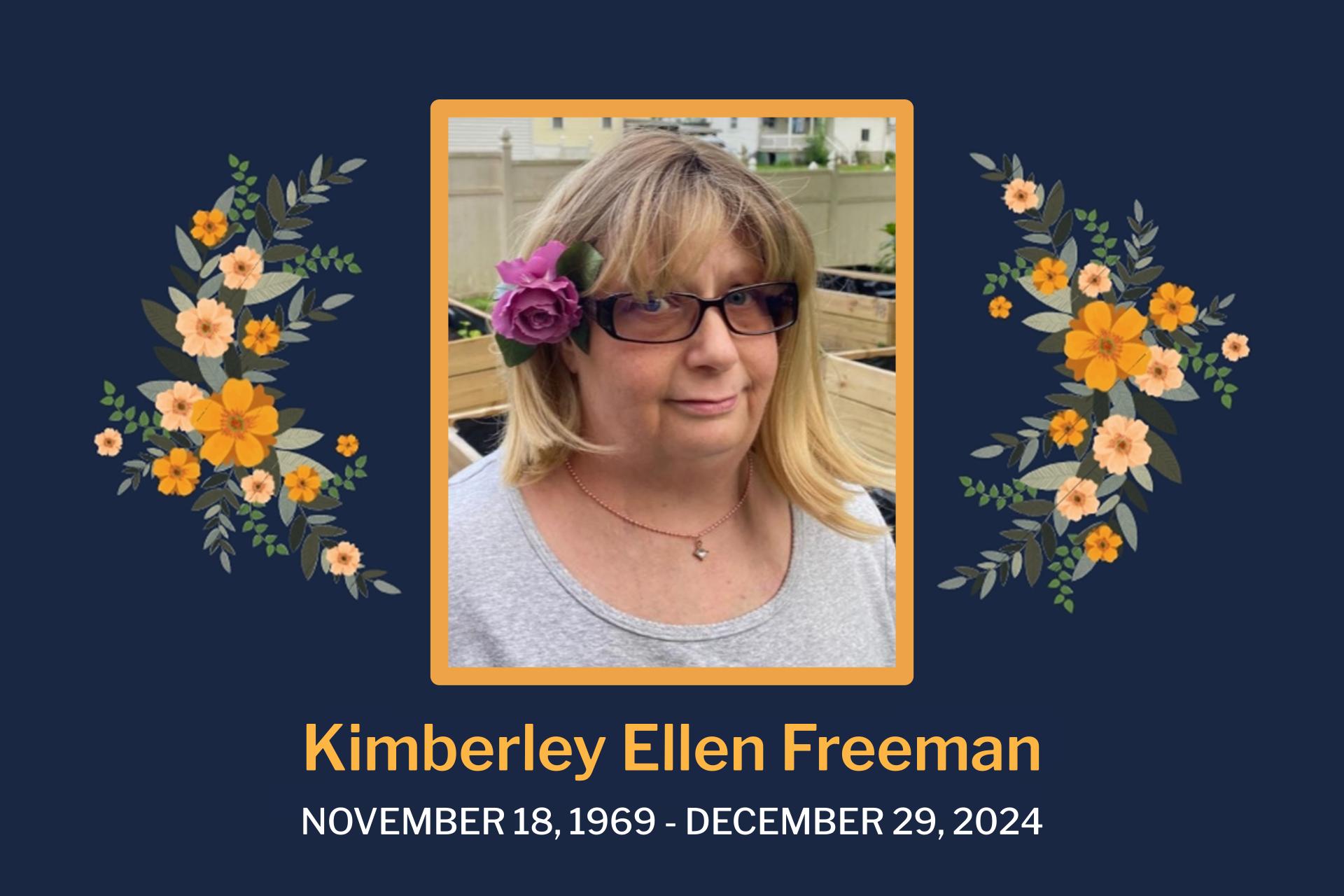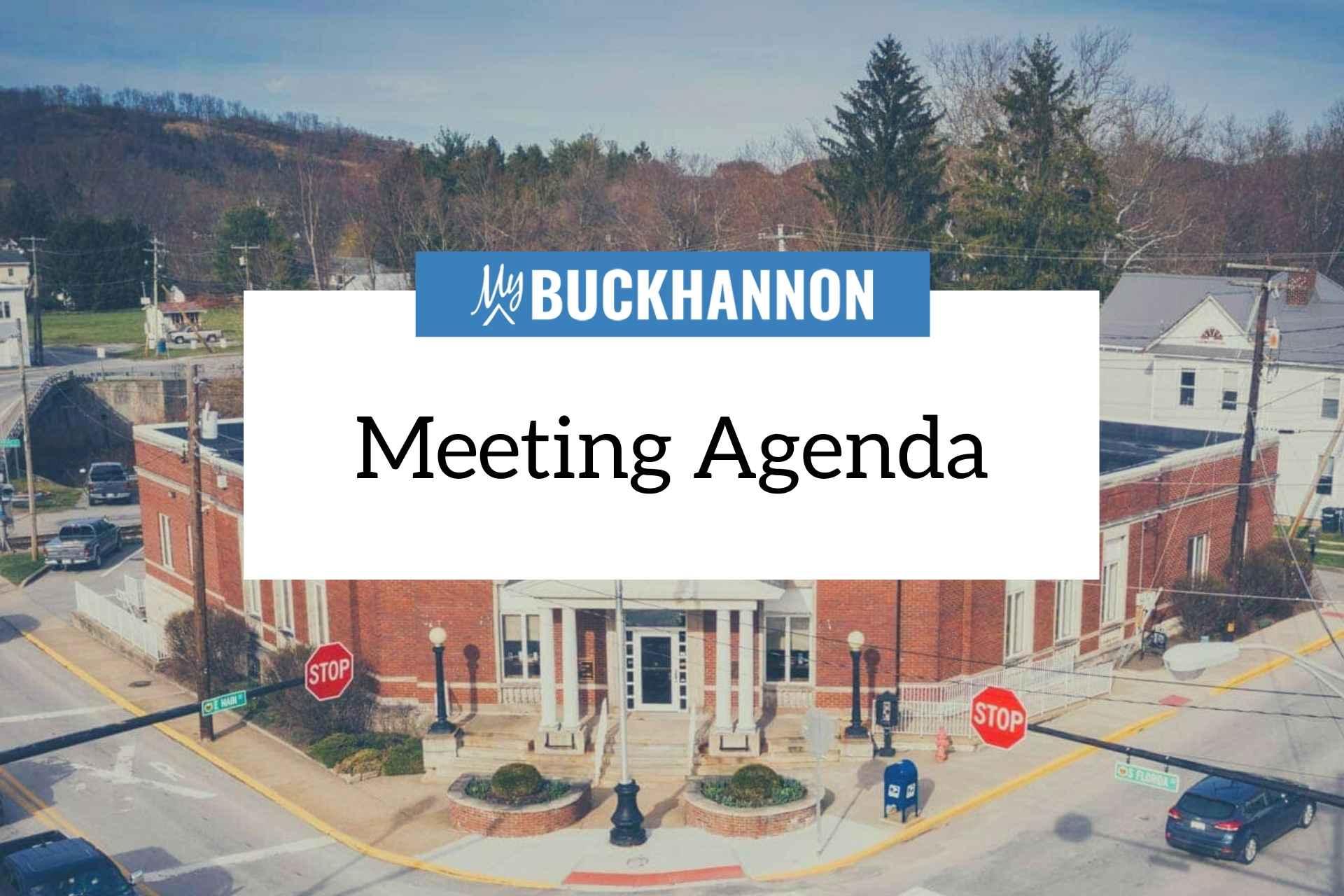BUCKHANNON – Buckhannon City Council is considering a proposal from a North Carolina-based business that says it will help the city maximize its revenue stream by collecting from businesses that slip under the radar by failing to pay business and occupation taxes.
Thursday’s council meeting marked the second time Bobby Monroe with DataMax Corporation, a municipal revenue enhancement service in Winston-Salem, N.C., has approached the city about enlisting its services. What DataMax does, Monroe explained, is find new businesses that have yet to obtain businesses licenses and, as a result, have not been paying B&O taxes, and notifies those businesses of the amount they owe the city.
Theoretically, the city would receive the tax revenue check first and then agree to give DataMax a 50 percent commission – or half the amount collected – from the business for two years from the month DataMax first contacted the company.
West Virginia Code permits cities to collect back taxes for the current year plus five retroactively, Monroe said.
He told council all but five municipalities in the state of West Virginia have entered into contracts with DataMax.
“We love West Virginia, and we’ve been in business over 133 years doing third-party collections,” Monroe said. “Since I last came here, mayor, we only had a handful. Now, we have every city in West Virginia with the exception of about five.”
DataMax has collected, in total, just over $3.5 million in “new revenue” for West Virginia municipalities, he added.
“What we do, actually, is we find businesses coming into Buckhannon without getting business licenses, and these companies are from Florida and Texas, North Carolina and South Carolina, New York, Florida, everywhere,” Monroe explained. “All the ones that are here right now are your businesses – they already paid for [their] business licenses and they pay B&O (business and occupation) taxes, and those will always remain yours and the ones that are here will never hear about DataMax.”
DataMax plans to get a list of currently licensed businesses from city finance and administrative director Amberle Jenkins and then compare it to businesses it knows could possibly be operating without licenses in the area.
“We will then send you a list of 15 to 30 new businesses a month that we find that we will call and collect on,” Monroe said, noting the city won’t have to do any of the collection work.
“We do 100 percent of the work,” Monroe said. “It’s 100 percent performance-based, and that means that once we send out your business license [to businesses that didn’t have them], and we collect on your behalf, you get the check first, and that’s what cities really like about what DataMax does for them.”
“Right now, you’re getting zero,” he added. “The revenue is huge, but what’s even bigger, is to get those 15-30 businesses in compliance because right now, all your brick-and-mortar businesses that you have now, that you’re doing business with … and they’re doing business here in your city, they’re paying their fair share. But they’re also pulling the weight of these companies that are coming in from other states that are not paying their fair share.”
For example, Monroe said DataMax has a relationship with every vendor in Walmart that may or may not be flying under the radar.
“Typically, when we come into a town or city, we’ll call up a company that’s inside of Walmart, and they’ll say, ‘Ok, Bobby, where are you guys now?’ and we’ll say, ‘We’re in Buckhannon, West Virginia,’ and they’ll say, ‘Ok, tell us what we owe.’”
DataMax then calculates the amount owed to the city for a business license and in B&O taxes, which can be collected for the current year plus five years retroactively.
Once the city receives the check, it is required to pay DataMax their 50/50 split within 30 days via a prepared contract.
“We do all the calling and all the collecting, and that really takes away that process from Amby,” Monroe said. “Ripley, West Virginia – the second month we were doing business with them, we found one company, that [owed] $66,000 or $67,000 to Ripley. For Morgantown in less than eight months, we found them over $600,000.
Mayor David McCauley asked Monroe how long DataMax continues making commission on the businesses it picks up for the city, and he said DataMax takes 50 percent for two years from the month it discovered the unlicensed business.
“We drop off after that two-year mark,” he said.
Councilman CJ Rylands asked about how wholesalers would be treated.
“Let me ask you, if I see a bread truck or some soda truck like Pepsi or Coke at Walmart, and they’re coming in there, they’re supposed to have a business license with the city because they’re selling wholesale goods?”
“Everybody that’s coming in, no matter where they’re coming in from, if they’re doing business in Buckhannon and revenue is going out to those companies, they’re supposed to have a business license,” Monroe replied.
Rylands asked about double taxation.
“So, if we’re taxing the wholesale delivery of products and we’re taxing the retail sale of the product, isn’t that double taxation?” he questioned.
Monroe said wholesale enterprises are treated differently than retail enterprises.
“Your wholesale outfits are a little bit different,” he said. “We can’t collect on wholesale unless they’re selling retail goods … everything has a category. We know what qualifies for wholesale and what qualifies for retail.”
“We don’t ever get any pushback from them, we really don’t,” Monroe added. “It has to be in the city limits. If they’re delivering outside the city limits, they don’t hear from us.”
McCauley asked Monroe to resend DataMax’s proposed agreement so council members, city attorney Tom O’Neill and Jenkins could review it.
“We can put it on an upcoming agenda and let the council consider it, and let’s just sleep on it for a while,” the mayor said.
McCauley said entering into a contract with DataMax wouldn’t require an ordinance because it’s simply a mechanism for collecting back taxes.
“Buckhannon will never receive an invoice from DataMax ever, and like I said, if you don’t get paid, we don’t get paid,” Monroe concluded. “We will actually be the first client on your list.”
